The Shocking Truth Behind Tired, Dry, Itchy Eyes – And The Simple Fixes Doctors Don’t Tell You!
Your eyes—those tiny, quarter-sized marvels—hold way more action than you might guess. Ever stop and think about the wild circus happening behind those irises? From the cornea to the retina, not to mention tears playing their endless rinse-and-repeat game, these little guys do a heck of a lot. But here’s the kicker: with all that nonstop work, so many things can go sideways, and guess what? Most of it’s avoidable or fixable. If your eyeballs have been crying “uncle” or throwing you shade, it’s high time to decode the signs and strategies that actually help. Ready to give your vision the VIP treatment it deserves? Let’s dive in. LEARN MORE
YOUR EYES ARE only about as big around as quarters. Not exactly a ton of real estate—but oh, how much goes on in there. Whether it’s the visual machinery of the cornea, lens, and retina, or the tears that keep them clean, clear, and feeling good, so much can go wrong that you can prevent or fix. Discover what to do when.
What to do if…
Your Eyes Are Always Tired
What it is: Eyestrain
How else it feels: Like it takes effort to see things when it shouldn’t.
What to do: Screens are a major culprit because they require repeatedly focusing on something close to your face.
The standard advice is the “20-20-20 rule”: Every 20 minutes, look 20 feet away for 20 seconds. If that doesn’t do much, consider a pair of glasses tailored for comfort in your occupation or hobby, says Wil McGriff, OD, of the Southern College of Optometry. Computer glasses that are focused at one distance and designed to reduce eyestrain during prolonged work are a good option. While there are off-the-shelf pairs, an optometrist can help you dial in ones that are specific to your setup.
What to do if…
Your Eyes Are Chronically Dry
What it is: Dry eye disease
How else it feels: Scratchy or burny. Like you’re sensitive to light, or like you’re looking through a foggy windshield. Extremely dry eyes can become painful. Weirdly, they can also cause you to tear excessively.
What to do: OTC eye drops billed as “artificial tears” are a good place to start. These can help replenish the watery or oily components of your tears, either of which is lacking in dry eye. (Too little water, obviously bad; too little oil allows the water you have to evaporate too quickly.) If you anticipate using drops daily, avoid those containing preservatives.
A warm compress can soften and unclog the flow of oil. Try a microwavable eye mask twice a day for about 10 minutes. If all this doesn’t help, ask a doc about prescription eye drops and ointments and even procedures to plug tear ducts so tears don’t drain.
What to do if…
Your Eyes Are Itchy as Hell
What it is: Allergies
How else it feels: Watery, scratchy.
What to do: Head to a different section of the drugstore and grab drops formulated for allergy relief. Mika Moy, OD, of UC Berkeley recommends options containing olopatadine. That’s an ingredient that blocks the release of histamine, the chemical your body makes in response to allergens, which instigates all that itch and mucus.
What Helps Your Eyes and What Hurts Them
What Helps
Controlling Blood Pressure and Blood Sugar
Vision issues caused by damage to blood vessels in your retina can be due to prolonged high blood pressure (hypertensive retinopathy) or diabetes (diabetic retinopathy, the number one cause of vision loss in working-age adults).
Blinking More
Screen time drops the average blink rate from roughly 14 times per minute to around 5.
Consuming Carrots and Leafy Greens
They won’t improve your vision, but orange foods rich in beta-carotene are vital for maintaining eye health; greens rich in lutein and zeaxanthin may reduce the risk of macular degeneration.
What Might Help
Wearing Tinted Lenses
Blue blockers might help you sleep, though they probably won’t do a lot for eyestrain. Some tinted lenses may help with migraines and traumatic brain injury.
What Hurts
Smoking
Between the irritating smoke and the inhaled chemicals, it’s bad. Smokers are two to three times more likely to get cataracts, and as much as four times more likely to suffer from age-related macular degeneration.
Excessive Sunlight
Too much UV light promotes cataracts, cancer, and even growths on the white of your eye. Sunglasses and hats help shield you.
Wearing Dirty Contact Lenses
No joke—you can get an eye ulcer. Don’t overwear contacts or sleep, swim, or shower in them. All it takes to clean them is a rub with any name-brand solution when you take them in and out of the case. But for god’s sake, toss that disgusting case after three months.
Using “Get the Red Out” Drops
Stay away from vasoconstrictors—tetrahydrozoline or naphazoline. Yes, they offer temporary relief, but they also get you into a doom loop of “rebound redness.” If you must get rid of the red, reach for a newer drop called Lumify, which is better than the old standbys.
How Bad Is It to Skip an Eye Exam?
A STANDARD EYE exam—by an optometrist or ophthalmologist—checks three things: if you need vision correction, if your eyes are working together properly, and if they are healthy. (An optician specializes in vision correction.) If you’re young, feeling good, and seeing well, it’s probably not that bad to blow it off for a few years. But at least by age 50, you need to show up annually. Glaucoma and macular degeneration strike later in life and don’t have noticeable early symptoms; eye docs can even glimpse signs of diabetes, high blood pressure or cholesterol, cancer, and autoimmune diseases before they’re detectable elsewhere.

Kevin is a writer and editor living in Brooklyn. In past lives he’s been an economist, computer salesman, mathematician, barista, and college football equipment manager.
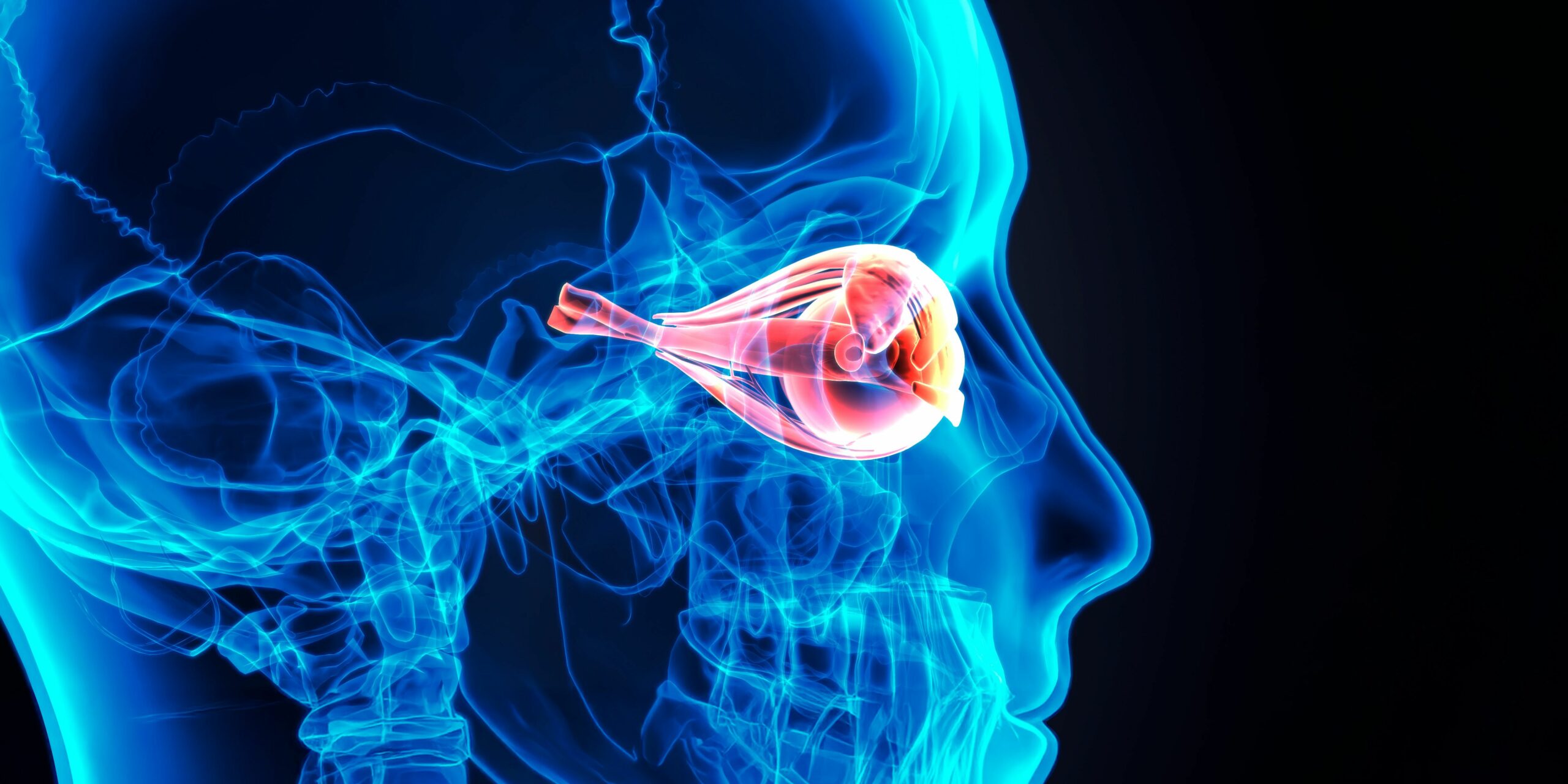
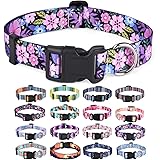

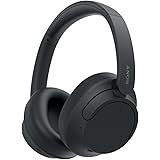

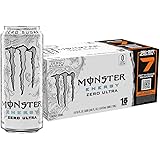
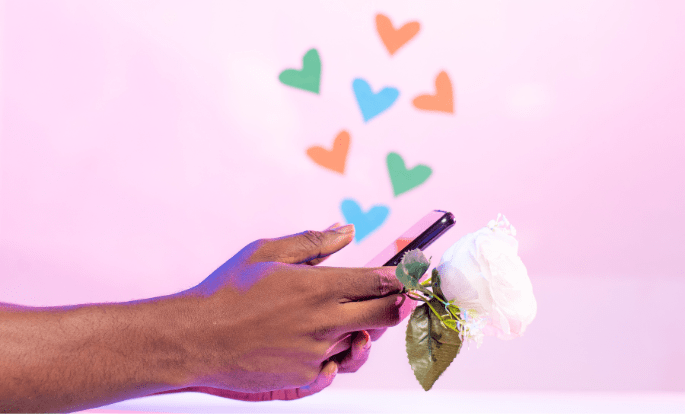












Post Comment